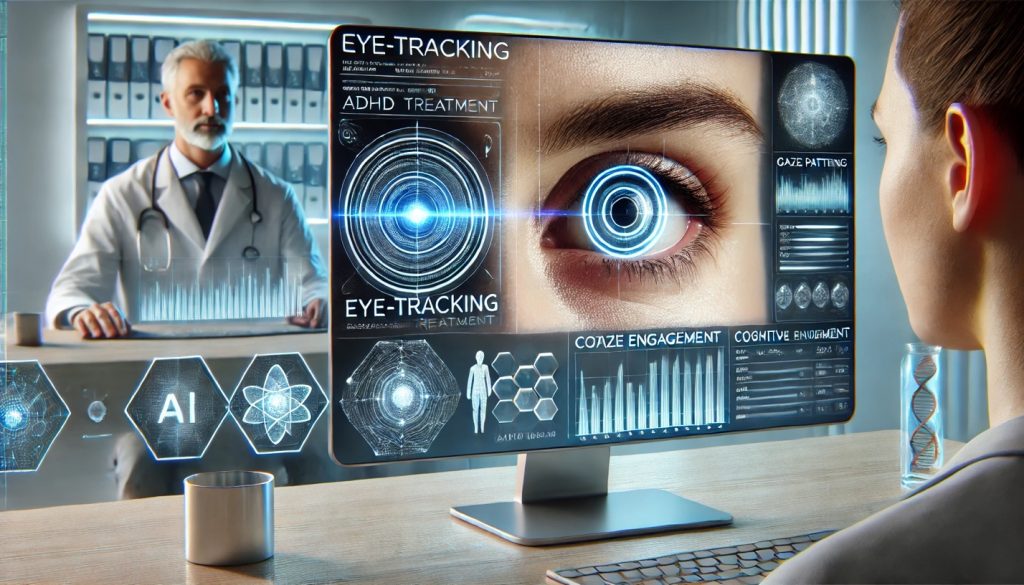This week’s edition of “In the Spotlight,” features Dr. Satjit Bhusri, Founder and Cardiologist of Upper East Side Cardiology and Vein Institute (UESCVI) as well as a clinical assistant professor of medicine (cardiology) at New York-Presbyterian Hospital/Weill Cornell Medical College and The Mount Sinai Hospital/Icahn School of Medicine at Mount Sinai, where he educates and mentors future cardiologists.
Q. Tell us a bit about yourself and your professional journey.
A. I am a cardiovascular disease specialist with over 20 years of experience. I am a triple board-certified physician and a Fellow of the American College of Cardiology (ACC), a prestigious credential that recognizes excellence and leadership in the field.
I completed my medical training at Lenox Hill Hospital in NYC and have extensive research experience in molecular oncology and molecular hematology from Cold Spring Harbor Labs and Harvard Medical School. I am also a Yale School of Management graduate and a Council Member of the American Heart Association.
As a heart disease survivor myself, I am passionate about providing accessible, personalized, and technology-based solutions for my patients, using my medical expertise, business acumen, and personal experience to deliver the best possible outcomes.
In 2015, I suffered from cardiac shock and had to spend 1 month in the ICU. This experience became the cornerstone of my life and has made me into a more mindful and healthy person, physician, husband, and father.
At my UES practice, I offer patients access to top-of-the-line diagnostic tools like echocardiogram and stress testing. Patients also receive personalized and comprehensive treatment plans for a variety of cardiovascular problems – including chest pain, heart failure, hypertension, palpitation, and varicose veins. Remote care monitoring is also available.
I will be presenting at HITLAB’s January Symposium later this week. Check it out!
Q. What do you see as the biggest challenges in digital health implementation?
A. Adoption and access are two of the biggest challenges I see. It is especially an issue for the elderly and low socio-economic status patients who can not afford access to digital hardware.
Q. What are the biggest opportunities?
A. One of biggest opportunities with digital health is availability. In my line of work, the best medicine for treatment of cardiac patients is cardiac rehab.
Digital health enables availability of treatment for patients who don’t want to go to the doctor or those who have barriers to getting to the doctor or for treatment (ie; Proximity, accessibility, etc..) – digital health enables these patients to stay where they are but still get the same healthcare. Additionally, with digital tools, you can monitor a patients health remotely – and can help prevent/decrease re-hospitalizations, which we know is a big thing for healthcare providers and for patients.
And lastly, the reimbursement rate for some of the digital health tools and services is higher than traditional reimbursements – so it is a win-win for all.
Q. What advice do you have for anyone looking to get into digital health?
A. The train has already left the station. As was the case with adoption of EHRs if you’re not in it you will be left out and your practice and more importantly your patients will suffer. My advice is to get into it as soon as possible.
Q. What is your 5-year plan?
A. To become 100% cloud based. No more paper
Learn more about
Connect with
Explore Recent Posts



